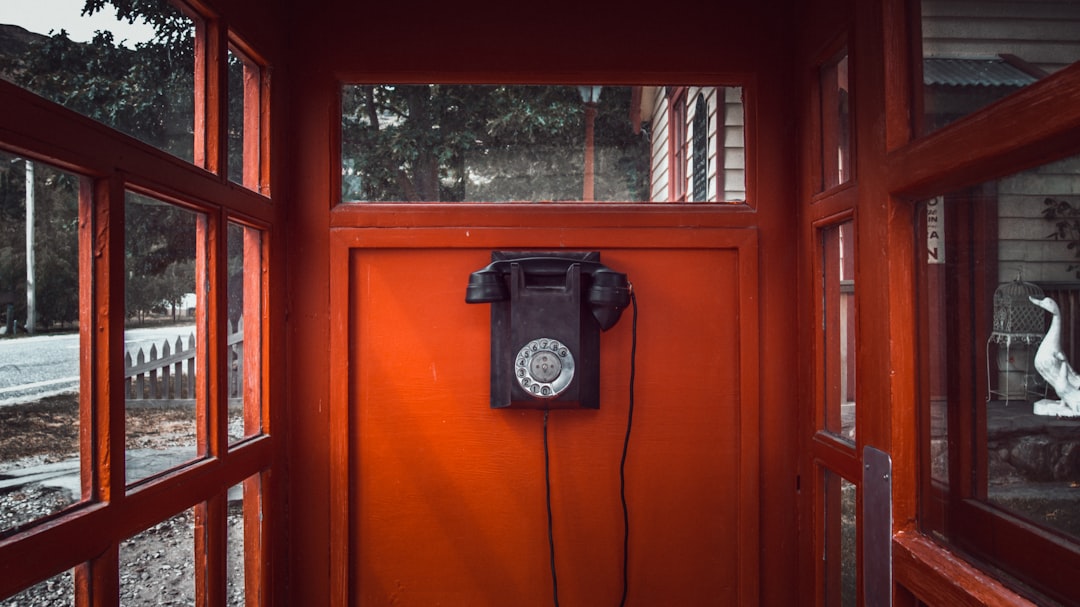In Maine, understanding and enforcing the state’s strict Do Not Text laws are crucial to curbing unwanted communication. This article explores how autodialers and robocalls impact consumers, delving into legal protections available to residents and the strategies they can employ to challenge such practices. From comprehending the Do Not Text Laws to finding the right Do Not Text Laws lawyer Maine, this guide equips readers with knowledge and resources to protect their privacy in today’s digital landscape. Discover real-life success stories and learn how to navigate these issues effectively, ensuring your rights are upheld.
- Understanding Maine's Do Not Text Laws: A Comprehensive Overview
- The Impact of Robocalls and Autodialers on Consumers in Maine
- Legal Protections for Residents: Who Can File a Complaint?
- Strategies to Challenge Autodialer Use: Rights and Remedies
- Choosing the Right Lawyer: Expertise in Do Not Text and Robocall Cases
- Success Stories: Real-Life Examples of Challenging Unwanted Texts in Maine
Understanding Maine's Do Not Text Laws: A Comprehensive Overview
In Maine, the Do Not Text Laws are designed to protect residents from unwanted and unsolicited text messages, often known as robocalls. These laws are stringent and have significant penalties for violators. As a Do Not Text Laws lawyer Maine or attorney specializing in robocall cases Maine, understanding these regulations is crucial. The state’s Do Not Text Laws law firm Maine ensures that businesses and organizations comply with the rules, which prohibit automated texting unless explicit consent has been given by the recipient.
Maine’s Do Not Text Laws lawyers emphasize that these laws not only protect consumers from intrusive messaging but also empower them to take legal action against offenders. The regulations cover various aspects, including the requirement for clear and conspicuous opt-out mechanisms in text messages and stringent penalties for those who disregard the Do Not Text Laws. This comprehensive overview aims to guide both businesses and individuals on navigating and adhering to these important laws.
The Impact of Robocalls and Autodialers on Consumers in Maine
In Maine, as in many states across the country, the proliferation of autodialers and robocalls has significantly impacted consumers. These automated phone systems, often used for marketing purposes, can be intrusive and frustrating, leading to a decline in consumer trust and satisfaction. Many residents find themselves receiving unwanted calls from unknown numbers, promoting products or services they did not express interest in. This constant barrage of unsolicited communications can cause anxiety and disturb daily routines, especially when the calls are frequent and aggressive.
The Do Not Text Laws, enforced by both state and federal regulations, aim to protect Maine consumers from such harassment. By providing a mechanism for individuals to opt-out of automated phone marketing, these laws empower residents to regain control over their communication preferences. Consumers can now seek legal recourse through robocall attorneys or law firms specializing in this area, ensuring that their rights are upheld and holding companies accountable for violating privacy regulations. This shift empowers folks to take action against intrusive autodialers, fostering a more peaceful and respectful communication environment in Maine.
Legal Protections for Residents: Who Can File a Complaint?
In Maine, residents have legal protections against unsolicited text messages from autodialers or robocalls. If you’ve received such messages without giving explicit permission, you may take action. The Do Not Text Laws attorney or law firm in Maine can help you navigate this issue. Anyone who has experienced unwanted text messages promoting goods, services, or organizations can file a complaint with the Federal Trade Commission (FTC).
Additionally, individual states, including Maine, have their own regulations and laws regarding telemarketing practices. Residents can report robocalls to their state attorney general’s office. By reaching out to one of these legal professionals or entities, you’re taking a proactive step to halt the influx of unwanted text messages. They can guide you on the best course of action, whether it involves blocking numbers, requesting removal from marketing lists, or pursuing legal action against the autodialer companies.






